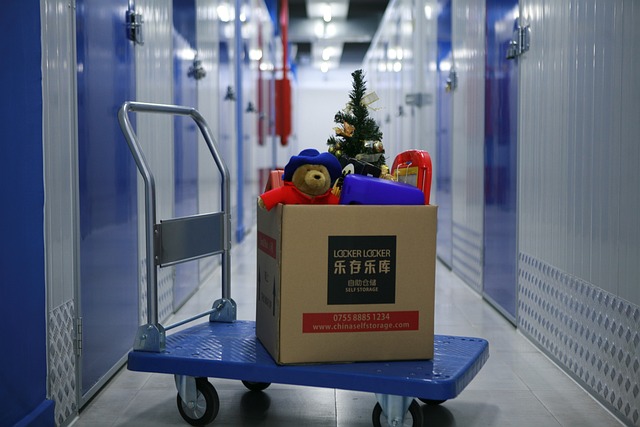5 Self-Storage Tips for Planning a Long-Term Travel

1) Declutter first
When it comes to using a self-storage unit, one of the best tips is to cut back before you start packing. It’s so much easier – and cheaper – to get rid of unused items before they go into storage. It’s worth taking a good look at each item, and asking yourself if you’ll really need them when it’s time to retrieve them.
Since trends are always changing, it might not be a good idea to store things that could potentially never come back into fashion! If you’re finding it hard to let go of something, then you can always consider selling it or donating it to charity. Of course, some things have a huge sentimental value – like baseball mitts or prom dresses – so they’re well worth keeping in short term storage for the future.
2) Choose climate-controlled units for delicate items
When choosing to rent a storage unit, size, location, and climate control are all aspects to consider. Climate-controlled units are temperature regulated between 55-80 degrees Fahrenheit and maintain a low humidity level. This is important for delicate items like documents, photos, valuable books, and clothing which may deteriorate in extreme temperatures or high humidity.
Additionally, this type of control helps to preserve wooden items such as antique furniture or musical instruments which can warp with increased temperatures or moisture. To avoid unnecessary damage, the indisputable best advice is to invest in climate-controlled storage.
3) Use the right storage containers
It’s important to get the right equipment so your belongings can be safely secured away. While you may be tempted to just stuff everything into old bags and boxes, this is far from ideal. Instead, because cardboard storage boxes are relatively low cost and perfectly suitable for non-perishables such as toys and appliances, they should be considered.
For greater durability and protection against moisture, however, plastic containers with sealable lids come highly recommended instead. Plus, there are a variety of sizes available, some of which are not only strong but also feature handles for easy transportation. If your items require even more specific protection then there is specialised storage gear such as clothes or mirror boxes available on the market for buying.
Finally, for sensitive items that don’t handle bumps well like crockery and glassware – dishpaks will surely do the trick!
4) Learn how to pack and stack smartly
Making smart decisions when planning a storage space can save added expenses in the long run. Though the unit’s square footage may be small, it is probably 8′ high, so stacking items will aid in maximizing the storage area. Dissembling furniture will also aid in saving space, however, care should be taken to ensure that all screws and pieces are accounted for and arranged in a safe manner. Larger items such as kitchen appliances should always remain upright to prevent any additional risk of damage.
Moreover, items such as shoes should be filled with crumpled paper while bubble wrap proves useful for encasing glassware, porcelain, and mirrors. Expensive dresses or gowns should likewise be hung up or left hanging if stored within a wardrobe. Taking these steps will help in avoiding spending more money than necessary on future storage needs.
5) Familiarize yourself with security options
Whether you’re looking for a state-of-the-art security system with all the bells and whistles or are more cost-conscious and don’t mind taking additional precautions, the task of finding the right self-storage facility is easier than ever.
Many modern facilities offer high-level security measures like electronic entry systems, CCTV, and onsite staff to guard the premises. More advanced techniques such as biometric scanners and infrared detection have also become commonplace. Although these features may be expensive, there are still options available for budget-conscious shoppers.
Out-of-town facilities typically skim down on high-tech security measures but instead offer competitive pricing making them the ideal option for those with fewer means. Whether it’s their own locks or you need to provide your own, investing in a good disk lock is always a wise decision before renting a space; this way you can take it with you once you’re finished. Ultimately, one of the best storage tips no matter what route you take is to do your due diligence before committing to reserving a unit.